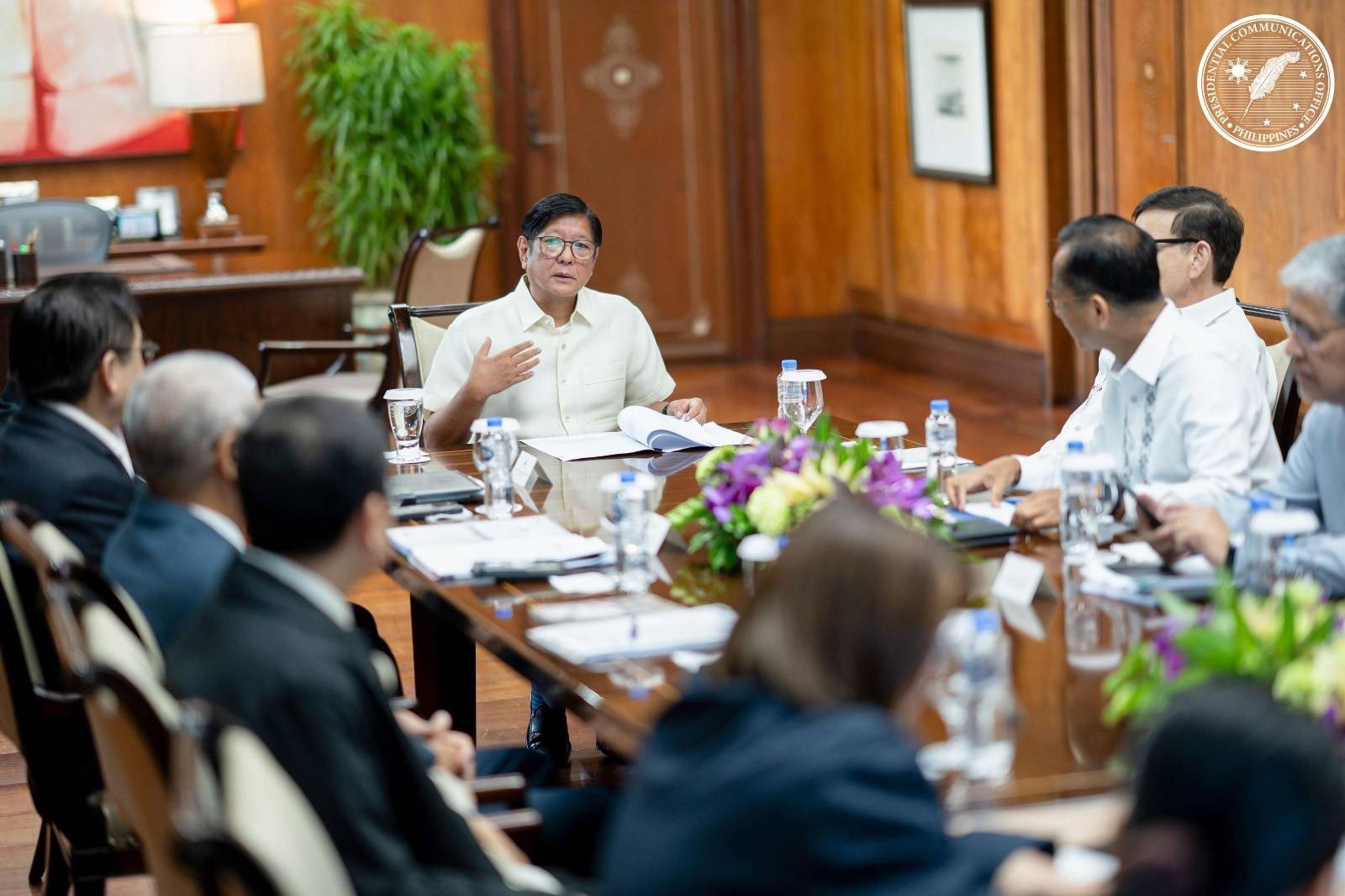
The administration of President Ferdinand R. Marcos Jr. is ready to provide subsidies to public utility vehicles (PUVs) drivers and operators, as well as farmers and fisherfolks to mitigate the impact of any oil price shocks due to the Middle East conflict, Department of Energy (DOE) Officer-in Charge Sharon Garin said on Tuesday.
In a press briefing in Malacañang on Tuesday, Garin said the latest international price of crude oil eased to USD69 per barrel, from more than USD70 per barrel, after US President Donald Trump announced a ceasefire between Iran and Israel.
“Pero kahit may good news tayo ngayong umaga, ang utos pa rin ng Presidente is we make sure that we protect the Filipino people from the impact of the oil price hike, most especially those na gumagamit ng public utility vehicles, our farmers and our fisherfolks,” Garin said.
According to the energy chief, the Department of Transportation (DOTr), Department of Agriculture (DA) and Land Transportation Franchising Regulatory Board (LTFRB) are currently working to “make sure that whatever happens, we are ready to distribute the subsidies to our PUV drivers, operators, our farmers and fisherfolks.”
She said while there is a total allocation of PhP2.5 billion subsidy for PUVs drivers and operators, the definite amount of subsidy for each beneficiary has yet to be determined.
Currently, the DOE, DA and DOTr are working to finalize the list of recipients and arrange the logistics for the distribution, Garin said.
“But as pronounced by DOTr, they are ready to disburse anytime that the signal is given to them,” she said.
Meanwhile PhP600 million has been allocated under the General Appropriations Act to support farmers and fisherfolks.
Due to the ongoing conflict between Iran and Israel, the flow of shipping and crude oil through the Strait of Hormuz could slow down, which could drive oil prices upward and impact the global economy.
The Strait of Hormuz is a critical passageway for the global energy market, serving as a conduit for nearly one-third of the world’s seaborne oil and about one-fifth of global liquefied natural gas (LNG) shipments. I PND

